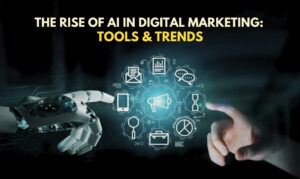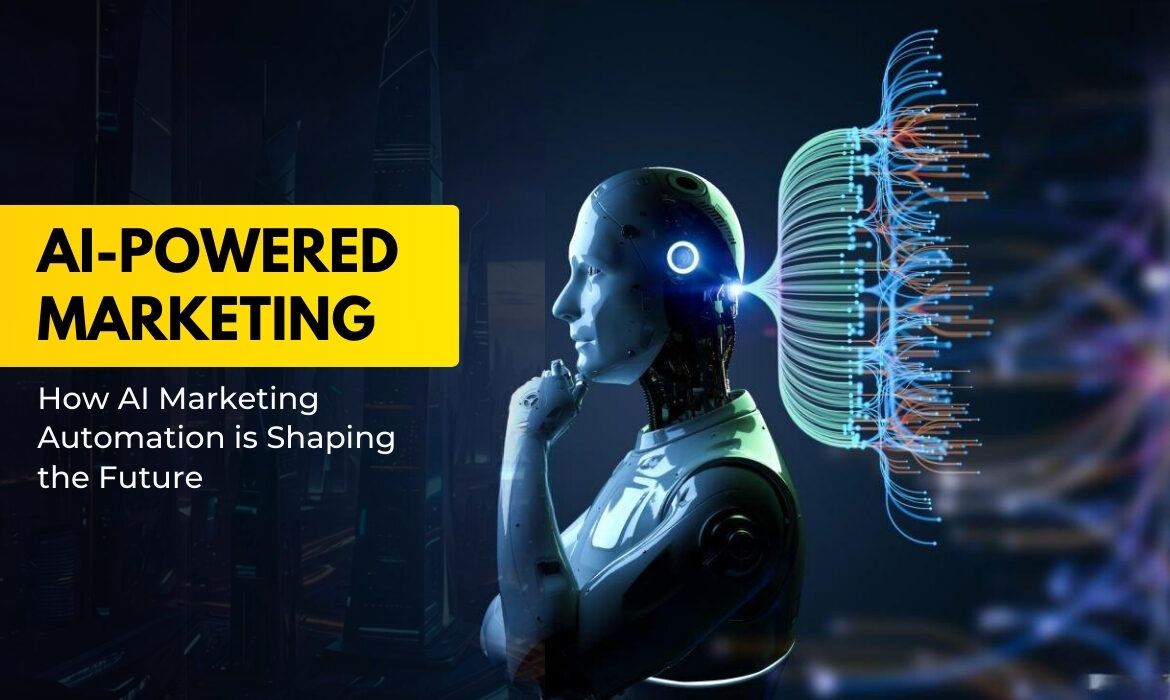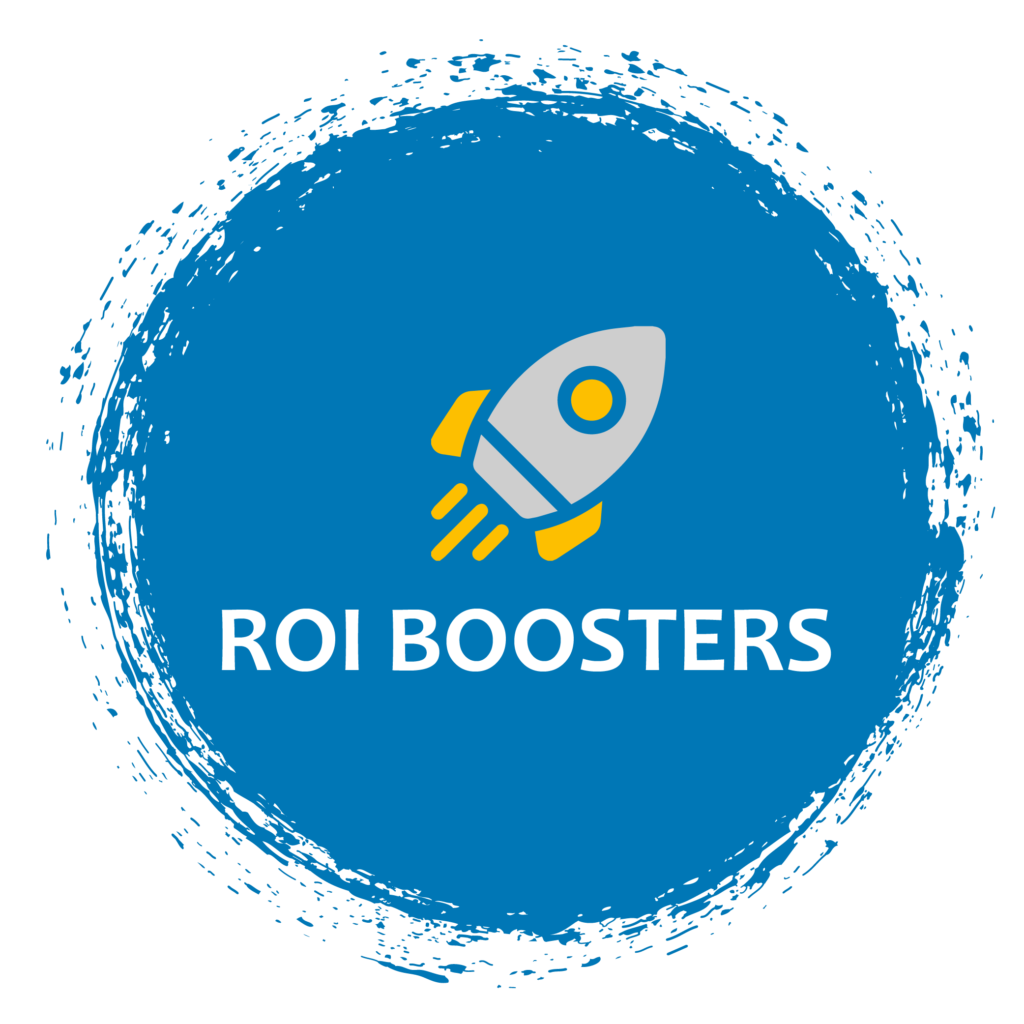In today’s rapidly evolving digital landscape, businesses are increasingly turning to artificial intelligence (AI) and automation to enhance their marketing efforts. These technologies not only streamline processes but also offer innovative solutions to reach and engage target audiences more effectively. In this blog, we’ll explore how AI in digital marketing and AI marketing automation can revolutionize your marketing strategy, driving growth and efficiency.
Understanding AI in Digital Marketing
What is AI in Digital Marketing?
Artificial intelligence in digital marketing refers to the use of AI technologies to automate processes, analyze large data sets, and make data-driven decisions. AI in digital marketing encompasses a wide range of applications, including machine learning, natural language processing, and predictive analytics. These tools help marketers understand consumer behavior, optimize campaigns, and deliver personalized content, all of which contribute to more effective marketing strategies.
The Rise of AI in Digital Marketing
Over the past few years, AI has transitioned from a futuristic concept to a practical tool widely adopted by businesses of all sizes. The ability of AI to process vast amounts of data quickly and accurately has made it an invaluable asset in digital marketing. From chatbots to recommendation engines, AI is being integrated into various marketing platforms to enhance customer experiences and improve marketing outcomes.
Key Benefits of AI in Digital Marketing
- Enhanced Customer Insights: AI analyzes consumer behavior and preferences, enabling marketers to tailor campaigns to specific audience segments.
- Improved Personalization: AI-driven personalization delivers relevant content to the right people at the right time, increasing engagement and conversion rates.
- Efficient Resource Allocation: AI automates repetitive tasks, freeing up time for marketers to focus on strategic initiatives.
- Real-time Analytics: AI provides real-time data analysis, allowing for quick adjustments to marketing strategies based on performance metrics.
The Role of AI Marketing Automation
What is AI Marketing Automation?
AI marketing automation involves the use of AI-powered tools to automate various marketing tasks, such as email marketing, social media management, and lead generation. These tools can optimize the timing, content, and delivery of marketing messages, ensuring that they resonate with the target audience. AI marketing automation goes beyond traditional automation by incorporating machine learning algorithms that continuously improve campaign performance over time.
How AI Marketing Automation Enhances Efficiency
Automated Campaign Management: AI-driven tools can automatically create, launch, and manage marketing campaigns, reducing the need for manual intervention.
Predictive Analytics: AI marketing automation tools analyze past campaign data to predict future trends, enabling marketers to make informed decisions.
Dynamic Content Creation: AI can generate personalized content at scale, tailoring messages to individual user preferences and behaviors.
Lead Scoring and Nurturing: AI automates the lead scoring process, identifying high-potential leads and nurturing them through the sales funnel with targeted content.
AI Marketing Automation Tools
Several AI marketing automation tools are available that can significantly boost your marketing efforts:
HubSpot: Offers AI-powered features for email marketing, lead scoring, and customer segmentation.
Marketo: Uses AI to automate campaign management and optimize lead nurturing strategies.
Drift: An AI-driven chatbot platform that automates customer interactions and lead generation.
Salesforce Marketing Cloud: Incorporates AI to personalize customer experiences across various channels.
Implementing AI in Your Marketing Strategy
Assessing Your Needs
Before diving into AI and automation, it’s crucial to assess your current marketing strategy and identify areas where these technologies can provide the most value. Consider the following questions:
What are the most time-consuming tasks in your marketing process?
Where do you see the biggest gaps in customer engagement or conversion rates?
How can AI-driven insights improve your decision-making process?
Choosing the Right Tools

With a plethora of AI and automation tools available, selecting the right ones for your business can be overwhelming. Start by identifying your specific needs and evaluating tools based on their features, ease of use, and integration capabilities with your existing systems. Consider starting with a few key tools and gradually expanding as you become more comfortable with AI technology.
Training Your Team
Implementing AI in digital marketing requires more than just technology; it also necessitates training your team to effectively use these tools. Invest in training programs that help your team understand how to leverage AI marketing automation for maximum impact. Encourage a culture of continuous learning, as AI technology is constantly evolving.
Measuring Success
As with any marketing initiative, it’s essential to measure the success of your AI-driven efforts. Set clear objectives and key performance indicators (KPIs) to track the impact of AI in digital marketing. Regularly review and analyze performance data to identify areas for improvement and optimize your strategy accordingly.
Case Studies: AI in Digital Marketing Success Stories
Case Study 1: Netflix’s Personalized Recommendations
Netflix is a prime example of how AI in digital marketing can enhance user experiences. The platform uses AI algorithms to analyze viewer behavior and preferences, delivering personalized content recommendations. This AI-driven approach has been instrumental in keeping users engaged, reducing churn, and driving subscriber growth.
Case Study 2: Coca-Cola’s Social Media Sentiment Analysis
Coca-Cola leverages AI to monitor social media sentiment and gain insights into consumer perceptions of its brand. By analyzing millions of social media posts, the company can quickly identify trends, address customer concerns, and tailor marketing campaigns to align with consumer sentiment.
Case Study 3: Sephora’s AI-Powered Virtual Assistant
Sephora has integrated AI into its marketing strategy with an AI-powered virtual assistant that helps customers find products based on their preferences and needs. This tool has improved customer satisfaction and increased online sales by providing personalized product recommendations.
Overcoming Challenges in AI Marketing Automation
Data Privacy Concerns
One of the main challenges of AI in digital marketing is data privacy. As AI tools often rely on large amounts of consumer data, businesses must ensure that they comply with data protection regulations, such as GDPR. Transparency in how data is collected, stored, and used is crucial to maintaining consumer trust.
Integration with Existing Systems
Another challenge is integrating AI marketing automation tools with existing systems. Ensuring compatibility and seamless data flow between different platforms is essential for maximizing the benefits of AI. Businesses should work closely with technology providers to address integration challenges.
Cost and ROI
While AI marketing automation tools can be expensive, it’s important to consider the long-term return on investment (ROI). The efficiency gains, improved customer experiences, and higher conversion rates achieved through AI can outweigh the initial costs. Businesses should conduct a cost-benefit analysis to determine the potential ROI of implementing AI in their marketing strategies.
The Future of AI in Digital Marketing
As AI technology continues to advance, its role in digital marketing will only grow. Future trends may include:
Hyper-Personalization: AI will enable even more precise personalization, delivering content tailored to individual preferences in real time.
Voice Search Optimization: As voice search becomes more prevalent, AI will help optimize content for voice queries, improving search engine rankings and user experiences.
Augmented Reality (AR) in Marketing: AI will play a key role in developing AR experiences that engage customers in innovative ways, such as virtual try-ons for fashion and beauty products.
AI-Driven Content Creation: AI tools will become increasingly sophisticated in generating high-quality content, from blog posts to video scripts, reducing the burden on human creators.
Conclusion
Leveraging AI and automation in your marketing efforts is no longer just an option—it’s a necessity in today’s competitive landscape. By embracing AI in digital marketing and AI marketing automation, businesses can enhance customer experiences, streamline processes, and ultimately drive growth. As AI technology continues to evolve, those who adapt and innovate will be best positioned to succeed in the digital age.
Ready to Revolutionize Your Marketing Strategy with AI?
Discover how AI and automation can drive your business growth. Get Started Today!



